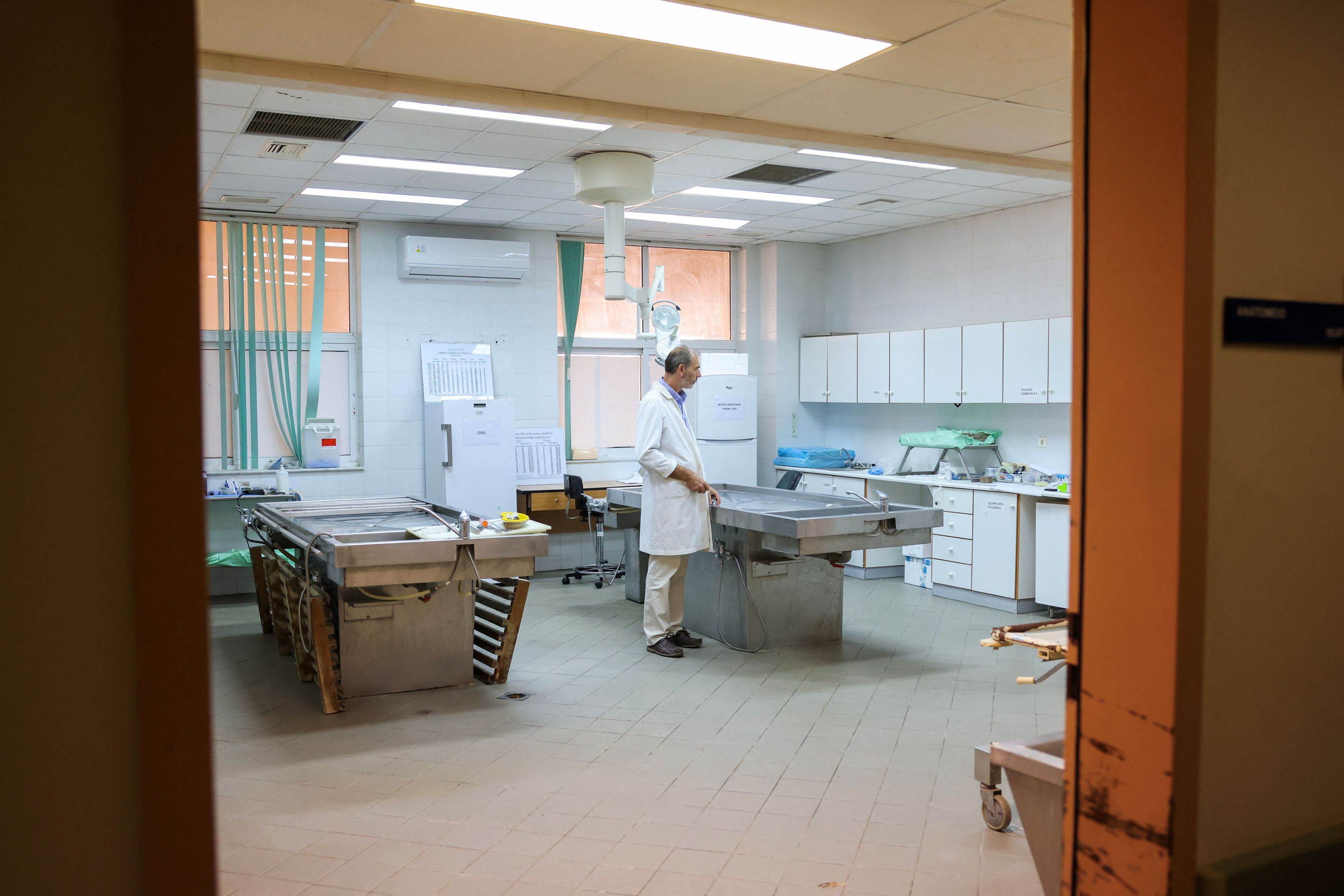On a charred migrant trail, firefighters find 19 bodies

In the charred Greek landscape close to the border with Turkey, a group of blackened corpses lay amid the ashes of what was once a lush forest that offered migrants the perfect cover to cross into the European Union. Two of the dead found this week were children.
A group of 18 migrants were found on Tuesday near the village of Avantas, in the northeast, where a fierce wildfire swept with devastating speed, one of hundreds across the country fuelled by high temperatures and whipped up by gale force winds. A 19th body was found on Thursday in another area of the forest.
Near Avantas, seven to eight of the bodies were found huddled together in what appeared to be a final embrace. Others were buried in the wreckage of a shelter destroyed by flames.
“They realized, at the last moment, that the end was coming,” said Pavlos Pavlidis, the coroner called to the scene on Tuesday to examine the bodies that have been burned beyond recognition. “It was a desperate attempt to protect themselves.”
A little more than two months after hundreds of migrants perished at sea off Greece trying to reach Europe from Libya, another group taking what had appeared to be a safer route were stopped not by a rickety boat but by the fierce force of nature.
Satellite images from before and after the wildfire show the devastation wrought along a route that has proved popular among migrants from the Middle East and Asia.
Swathes of greenery have been turned into a barren moonscape, trees turned into sticks of charcoal. Vegetation that was meant to offer protection to evade the Greek police turned into a death trap.
The only spot of colour in the area where the bodies were found were two blue medical gloves left behind by investigators.
In the early days of the fire, George Hatzigeorgiou, president of the Avantas community, said he spotted three groups of migrants in the area.
“There was a woman with a child, the woman was wearing a headscarf, and the fire was 100 metres away,” Hatzigeorgiou said, recounting how he and a friend honked to get their attention.
“I begged them, in English, to go to the village square. They kept saying ‘police, police’. They were afraid they’d get arrested,” he said. “I told them its better to go to the square and get arrested than to burn alive.”
The people who perished in the forest are presumed to be among thousands who cross into Greece from Turkey every year via the fast-flowing Evros river which delineates much of the land frontier between the two countries.
Of the 18,700 arrivals to Greece last year, a third were via land, United Nations data shows. Nearly 4,000 people have crossed Evros this year, and Greek police say there was an uptick in August.

Hatzigeorgiou says he often finds bags and backpacks with Turkish liras or packets of medicine in Turkish discarded around the village by people on the move.
“We’ve been seeing these people for many years, almost daily,” he said. “I’ve found hundreds such things.”
Rights groups and the UN refugee agency UNHCR have long accused Greece of mistreating those at the border and sometimes forcibly pushing them back to Turkey, a practice which is illegal under international law.
In a statement after the bodies were discovered, Adriana Tidona, migration researcher at Amnesty International, said authorities “have systematically responded with unlawful forced returns at the border, denial of the right to seek asylum and violence.”
Greece denies the accusations, saying its “strict but fair” migration policy protects the EU’s borders.
At the morgue, Pavlidis has collected DNA samples from the bodies, the only way they will ever be identified.
“You cannot see their face, you cannot see anything,” he said. Only a couple of watches and two rings survived.
Fires in the area are still burning and Hatzigeorgiou fears more bodies will be found in the forest.
“For me, it’s almost certain,” he said. [Reuters]





